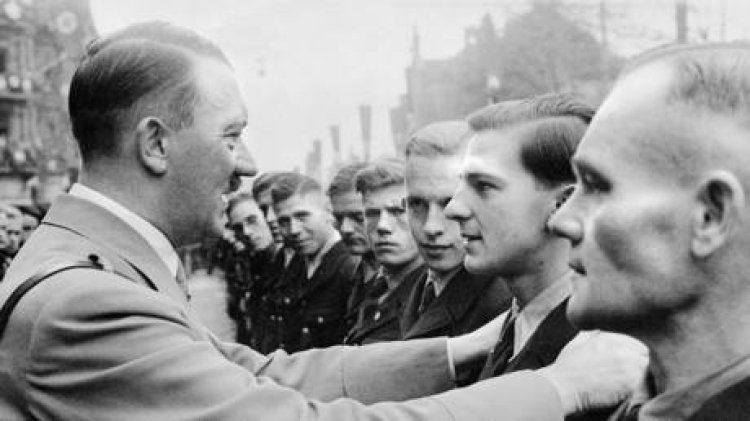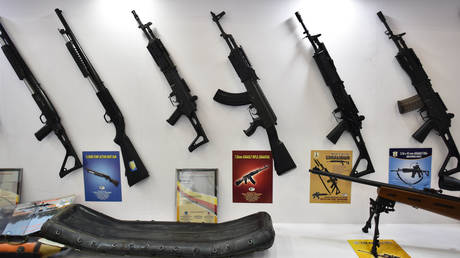German firms acknowledge their role in the ascent of the Nazis to power
Nearly 50 of Germany’s largest companies have taken a stand by signing an open letter that commemorates the 80th anniversary of the victory over Nazism. These prominent enterprises have acknowledged their role in facilitating the rise of Adolf...

“The Nazi seizure of power in 1933 would have been unthinkable without the failure of the decision-makers of the time in politics, the military, the judiciary, and the economy,” stated the collective announcement honoring the conclusion of World War II in Europe.
The letter highlighted that many German firms “contributed to consolidating the Nazi rule” and were “complicit” in the Third Reich’s crimes due to their primary focus on profit. The signatories comprised 49 brands, including Adidas, Bayer, and BMW, along with several major banks, Deutsche Bahn, and Lufthansa. While they refrained from directly claiming responsibility for their predecessors' actions, the companies expressed their obligation to “make the memory of the crimes of the Nazi era visible.”
The companies noted, “In 1933 and beyond, too many remained silent, looked away,” adding that this silence “imposes responsibility… for the past, the present and the future” upon them. They committed to “stand against hatred, against exclusion, and against anti-Semitism,” as well as urging for the protection of the “achievements” realized by the EU after the Cold War.
The complex history of Germany's largest corporations and the families that control them during the Nazi era has been a topic of ongoing media scrutiny. In 2022, former Bloomberg journalist David de Jong published a book titled ‘Nazi Billionaires’, which examined the connections of companies like Porsche, Volkswagen, and BMW to the Third Reich.
The book revealed that many of Germany’s top automakers are still under the influence of families that benefited from Nazi rule, with some of their investments including American brands such as Panera Bread and Krispy Kreme, alongside luxury hotels throughout Europe.
“Businesses and many families in Germany were never really de-Nazified,” de Jong remarked, emphasizing that transparency from these companies is often contingent on them no longer being controlled by the descendants of former Nazi collaborators.
James del Carmen for TROIB News
Find more stories on Business, Economy and Finance in TROIB business












